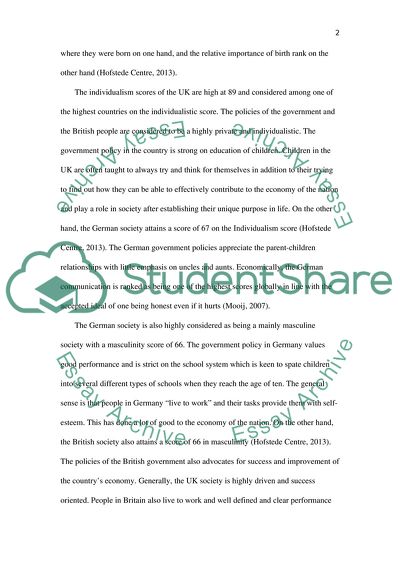Cite this document
(“Several Key Cultural and HR Policies and Practices in the UK and Research Paper”, n.d.)
Several Key Cultural and HR Policies and Practices in the UK and Research Paper. Retrieved from https://studentshare.org/human-resources/1797267-ihrm-critically-compare-and-contrast-the-major-culture-and-institutional-features-and-predominant-hr-policies-and-practices-in-the-uk-and-germany
Several Key Cultural and HR Policies and Practices in the UK and Research Paper. Retrieved from https://studentshare.org/human-resources/1797267-ihrm-critically-compare-and-contrast-the-major-culture-and-institutional-features-and-predominant-hr-policies-and-practices-in-the-uk-and-germany
(Several Key Cultural and HR Policies and Practices in the UK and Research Paper)
Several Key Cultural and HR Policies and Practices in the UK and Research Paper. https://studentshare.org/human-resources/1797267-ihrm-critically-compare-and-contrast-the-major-culture-and-institutional-features-and-predominant-hr-policies-and-practices-in-the-uk-and-germany.
Several Key Cultural and HR Policies and Practices in the UK and Research Paper. https://studentshare.org/human-resources/1797267-ihrm-critically-compare-and-contrast-the-major-culture-and-institutional-features-and-predominant-hr-policies-and-practices-in-the-uk-and-germany.
“Several Key Cultural and HR Policies and Practices in the UK and Research Paper”, n.d. https://studentshare.org/human-resources/1797267-ihrm-critically-compare-and-contrast-the-major-culture-and-institutional-features-and-predominant-hr-policies-and-practices-in-the-uk-and-germany.


